New Scientist covers the latest developments in science and technology that will impact your world. New Scientist employs and commissions the best writers in their fields from all over the world. Our editorial team provide cutting-edge news, award-winning features and reports, written in concise and clear language that puts discoveries and advances in the context of everyday life today and in the future.
Elsewhere on New Scientist
Crunch time • We need an all-out effort to avert the worsening food crisis
New Scientist International Edition
COP29 opens in Azerbaijan
2024 set to be first year to hit 1.5°C • This year’s average global temperature is almost certain to exceed 1.5°C above pre-industrial times, a milestone that climate experts say must spur urgent action. Madeleine Cuff reports
Breaking the limit
Any delay in reaching net zero will influence the climate for centuries
Audio AI is also riddled with bias • Like their text and image counterparts, audio-generating AI models have issues
Sunscreen particles boost rice growth during heatwaves
Chimps do better at hard tasks when they have an audience
Chinese rover finds more evidence for an ancient Mars ocean
Bird flu antibodies found in US dairy workers without any symptoms
Why wet hairy creatures feel the need to shake dry
Ancient Egyptians shaped the horns of living sheep
Knots made in a quantum fluid can last forever
Solving a quantum Rubik’s cube • A new version of the popular puzzle would be far more difficult – but not impossible
Elephants use a hose to shower and to prank each other
More people now live with pain than before pandemic
DNA analysis rewrites the stories of people buried in Pompeii
Marmots may have the solution to a long-running debate in evolution
A gas that breaks the laws of physics • Moving heat from a cold area to a warm one isn’t normally allowed, but a thin gas may do the trick
3D printing with light and sound waves
Clues to the invention of writing • Some symbols from an early Mesopotamian script can be traced back to cylinder-shaped seals that were rolled over clay to record transactions, reports Michael Marshall
Worldwide death toll from cancer is expected to nearly double by 2050
Vampire bats have rare ability to use protein as fuel
People first • The future of treating autoimmune type 1 diabetes
Sense of an ending • Evidence that animals grieve is growing, but we should be wary of letting our biases cloud this topic, says philosopher Susana Monsó
Field notes from space-time • Universal perspective Particle physics is no longer seen as vital by the US establishment, so funding has fallen. But its ability to create a sense of awe is priceless, says Chanda Prescod-Weinstein
Red shift
Your letters
Mining the future • As we enter an “electro-digital age”, James Dinneen welcomes a balanced briefing on the dilemma of mining the metals needed to ditch fossil fuels
When men say nothing • A new documentary is a fresh and personal look into what happens if men bottle up their emotions, finds Elle Hunt
New Scientist recommends
What binds art and science? • The US’s biggest art event takes on science this year, promising to make Southern California a showcase for creative challenge, says Christian House
THE MYOPIA EPIDEMIC • Near-sightedness is on the rise around the world, but is the end in sight for this surge in blurriness, asks Graham Lawton
Recipe for disaster • As global temperatures rise, food supplies are becoming less secure. So how do we ensure there will be enough for a growing population, wonders Michael Le Page
How you can help solve the...

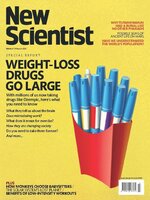 Mar 29 2025
Mar 29 2025
 Mar 22 2025
Mar 22 2025
 Mar 15 2025
Mar 15 2025
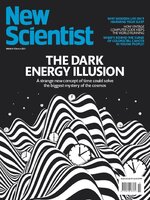 Mar 08 2025
Mar 08 2025
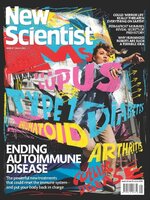 Mar 01 2025
Mar 01 2025
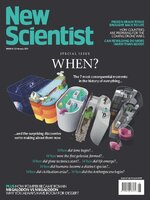 Feb 22 2025
Feb 22 2025
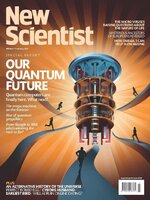 Feb 15 2025
Feb 15 2025
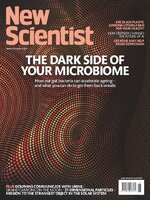 Feb 08 2025
Feb 08 2025
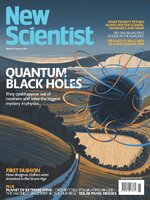 Feb 01 2025
Feb 01 2025
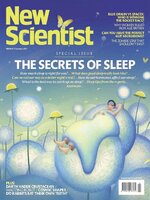 Jan 25 2025
Jan 25 2025
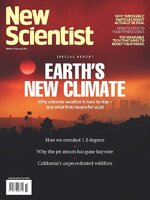 Jan 18 2025
Jan 18 2025
 Jan 11 2025
Jan 11 2025
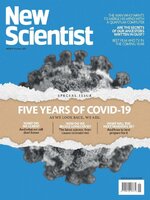 Jan 04 2025
Jan 04 2025
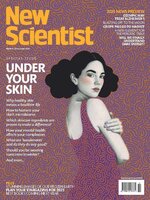 Dec 28 2024
Dec 28 2024
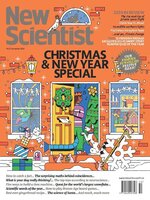 Dec 14 2024
Dec 14 2024
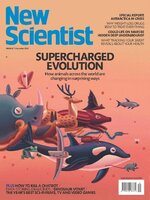 Dec 07 2024
Dec 07 2024
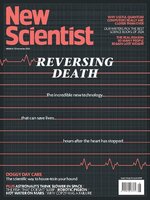 Nov 30 2024
Nov 30 2024
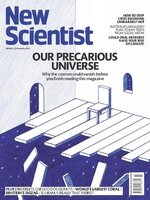 Nov 23 2024
Nov 23 2024
 Nov 16 2024
Nov 16 2024
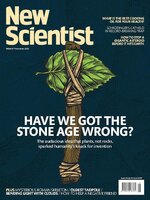 Nov 09 2024
Nov 09 2024
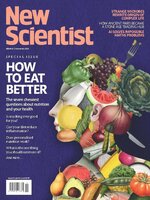 Nov 02 2024
Nov 02 2024
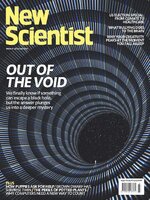 Oct 26 2024
Oct 26 2024
 Oct 19 2024
Oct 19 2024
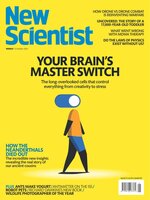 Oct 12 2024
Oct 12 2024